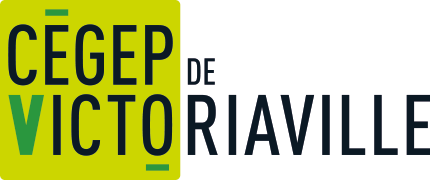In Northern Québec, just inland from James Bay, stands the Cree Nation of Chisasibi, a new home for an ancient people.
The history that brought a nomadic nation to this small village caused disruption in every aspect of life, culture and knowledge. Now, the Chisasibi nation is working with researchers, led by the Cégep de Victoriaville, to establish new approaches to food security based on traditional knowledge. The project is funded by the Social Sciences and Humanities Research Council, out of its Community and College Social Innovation Fund.
There are about 4,000 Chisasibi Cree. For them, as for other northern communities, food insecurity is a major issue. As well, Québec’s Institut de la santé publique has reported that 80 per cent of Cree are obese or overweight — highlighting another serious issue with Chisasibi’s food supply.
Richard Lair, a teacher at Cégep de Victoriaville and a researcher with its Centre for Social Innovation in Agriculture, is the project director. He said in an interview that Chisasibi’s problems with food must be seen in the context of what shaped them — colonialization, reduced subsidies for food, the loss of native culture and residential schools causing a gradual loss of traditions around food.
At the same time, hunting and fishing are getting more expensive and more difficult to do because of forestry and the hydro development, Lair said.
“The effect of many factors over the years has been a decrease in the share of total food intake accounted for by traditional sources in the Cree population,” he explained. “Traditional foods were replaced with more fast and frozen foods with higher fat, salt and sugar content, which the Cree were unaware were not healthy.” The result was unhealthy eating habits and widespread negative consequences for health.
Solutions to food supply issues can be found, Lair said, provided the correct approach is taken to reveal them. It must be a multi-faceted, holistic approach that takes into account the history, culture and political factors that have shaped Chisasibi’s reality.
It’s equally important the researchers understand it is not a question of them returning lost knowledge of traditional food to the community. Their job is to assist the community to find its own answers. The project will be done as “participatory action research,” a collaborative approach that recognizes community members as co-researchers and draws on local experience and social history to shape its work and findings.
The first phase of the project is to understand the current food situation, including the role of traditional food supply in it, capturing Cree food traditions that are still alive in the community. The second phase seeks to help the Cree to capture their traditional food knowledge, then preserve it in a database. Finally, in the third phase, that knowledge will be used to identify projects for resolving food issues and developing pilot projects to test them.
Ultimately, the researchers hope to share knowledge from this project with all ten Cree nation communities of northern Québec, and build a website with easy access to information about traditional food sources, healthy eating practices and more.


